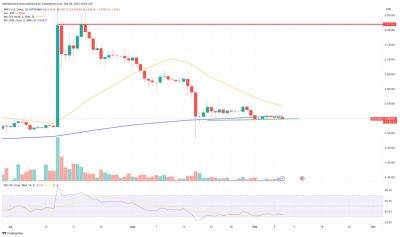Uniswap Class Action Dismissed in Landmark Ruling for DeFi
Legal proceedings against Uniswap, a leading decentralized exchange protocol, took a turn today when a class action lawsuit filed against it was dismissed.
Mike Wawszczak, a legal analyst, revealed that the judge presiding over the case — initially lodged by the US Securities and Exchange Commission (SEC) against Coinbase — found no grounds to proceed with the lawsuit against Uniswap.
The verdict arrived after an extended legal process leading back to April 2021 that scrutinized the specifics of Uniswap's operations and their alignment with financial regulations.
The plaintiffs' case against Uniswap was built on two main theories: the transfer of title theory and the solicitation theory.
In the transfer of title theory, the plaintiffs argued that Uniswap, by writing and maintaining the smart contracts that enabled token transactions, effectively transferred the title of the tokens to them. The court dismissed this argument, stating that Uniswap's responsibilities in drafting the platform's contracts did not imply it had the title to the assets traded on the platform.
The solicitation theory centered on the accusation that Uniswap had directly promoted and solicited tokens to the plaintiffs in order to increase the value of their UNI governance tokens. The court considered this theory implausible, stressing that the plaintiffs failed to provide substantial evidence to prove that Uniswap had actively solicited the purchase of a security for their financial profit.
Unlike traditional legal cases that focus on particular individuals or companies, Uniswap operates as a collective entity spread across a global network of users and contributors. This unique structure adds to the challenges faced by the plaintiffs amidst the vague
Read more on cryptonews.com






















